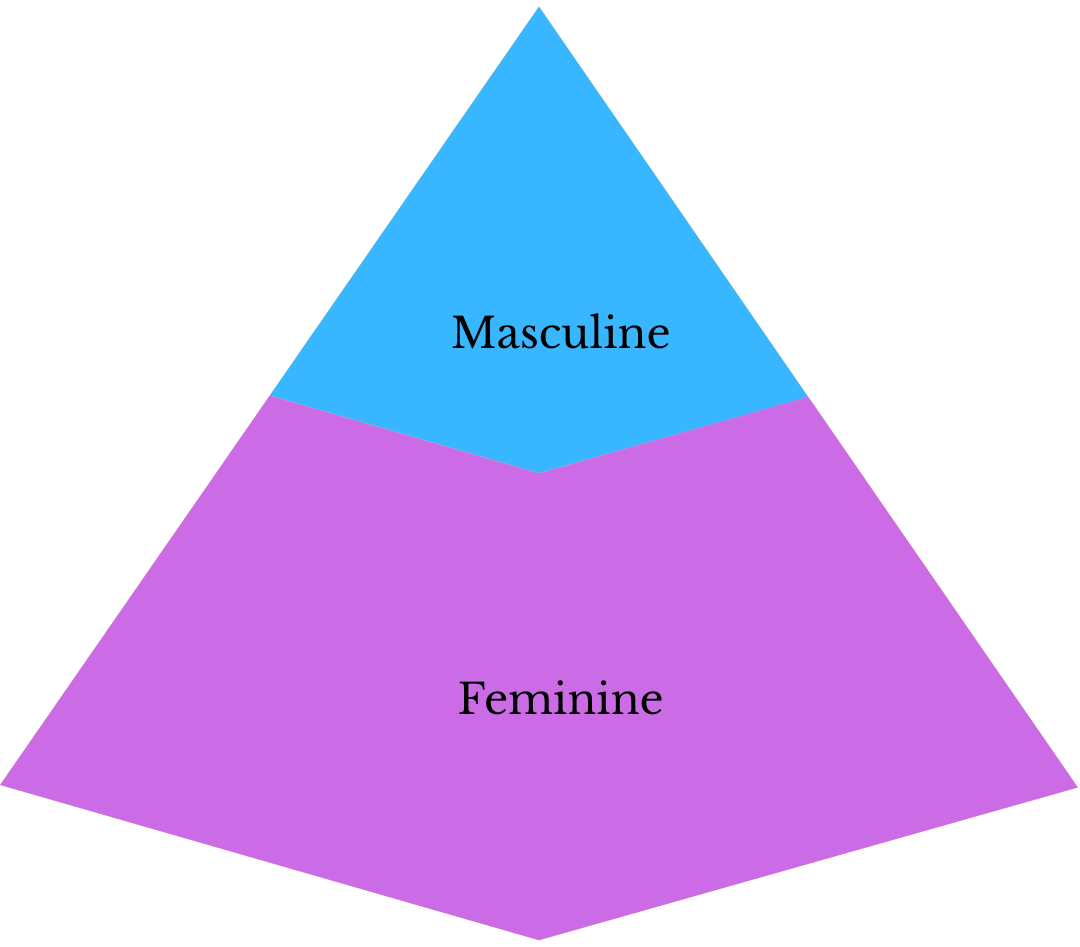Why does it matter?
Let’s open with the video by Cyzzor that I attached to the end of the last email. It gives us a 1.5-minute primer on why this reimagining might be worth it. Reminder: There is some colorful language if you have little ears around.
The Greeks
Last year, I read most of the Greek Philosophers to better understand the Gospel of John. Its famous opening line references the Logos, a philosophical concept passed from the debate between Heraclitus and Parmenides to Socrates and his students, Plato and Aristotle, and from Aristotle’s student Alexander the Great to the world. The Stoics picked up a different interpretation, but Epicurus most radically reinterpreted logos into the matter of the world. This set him apart from the Platonists, Stoics, and Peripatetics (Aristotelians).
Instead of leaving logos to the mind and/or spirit, Epicurus brought it into the world and beat modern atomic theory by nearly 2000 years. Epicurus’s foundational idea or description of the logos is haltingly simple and profound. The logos is this: atoms and void.
That’s it. The world and everything in it is made of atoms and void. It will take the rest of the world 2000 years for Niels Bohr to verify Epicurus’s belief in modern atomic theory.
The And of Atomism
While the implications of atom and void are far-reaching, birthing or being the cornerstone of modern atheism or utilitarianism, that’s not the most profound thing in our immediate context. It isn’t atoms or void that interests us. It is the word in between them, “and.”
The word “and” stood out to me when reading John’s Gospel because Jesus rarely says this or that, but says this and that. Christians will later pick up on this usage to describe the person of Jesus. Jesus is both fully human and fully divine.
The small word has since challenged me to see both sides of any discussion: to see how one side is correct and the other side is also correct. For example, I lean more left on the political spectrum – I like cities. However, the death of small-town America (a right-leaning issue) will cause long-term problems. Civilization in the city (or suburbs) isn’t what life is all about. We need more both/and – not one or the other. Imagine how our political discourse could change if we worked to find how both sides are correct.
And where is this going?
The startling philosophy of atoms and void teaches us that we are physically and metaphorically made of atoms and void. We are porous in our smallest composition. If we extend the metaphor of atoms and void to society, as Epicurus’s student Lucretius did, then we are all made of the same stuff. So, who can claim to be better than another? No one is superior.
Take this into the masculine and feminine debate. How often have men been metaphorically called the atom while women the void? We have separated ourselves into man or woman, masculine or feminine. When we do this, we build ourselves into a pyramid or hierarchy of categorization.
But if we realize that we are all atoms and void, a rigid barrier between masculine and feminine is impossible. There is no Socratic duality outside us, but within us. It is not an either/or, but a both/and. And if we continue the metaphor back to the beginning of life and death, it makes sense that we are all capable of nurturing life and dealing death. Why make the distinction? Perhaps it had some primal utility, but we have moved far beyond that time. It is time to imagine a different future.
The Epicurean Break
Consider Epicurus again, who is quietly infamous for not just allowing women to join his school but also teaching men. Epicurus thought the other schools were silly for limiting the wisdom available from women. After all, if they love wisdom, as their name suggests, philosophy, then they should love it in whatever form they find it.
Epicurus helped me break the mold that was given to us and described by some of the greatest thinkers in history. He taught me the source of creation atoms and void. We know he is right. We must re-imagine the world given this truth. When men amplify their lack of purpose in dealing death, we must focus on filling it with life. For me, I find that in Jesus (John 10:10, “I have come that they might have life and have it to the full”).
What about you?
What is your faith giving you? It might be giving you purpose, but is it killing you and your family? Is it draining the life from you? Are you fighting for the things that will kill you rather than give you life? If so, then join me and we can re-imagine another life together. Let me know in the comments or respond to the email. Epicurus gives us the tools to break the mold. It is our job to recast it.
See you next week as we begin to imagine what it means to be a man in our current context and how we are so necessary to nurturing life.













Share this post